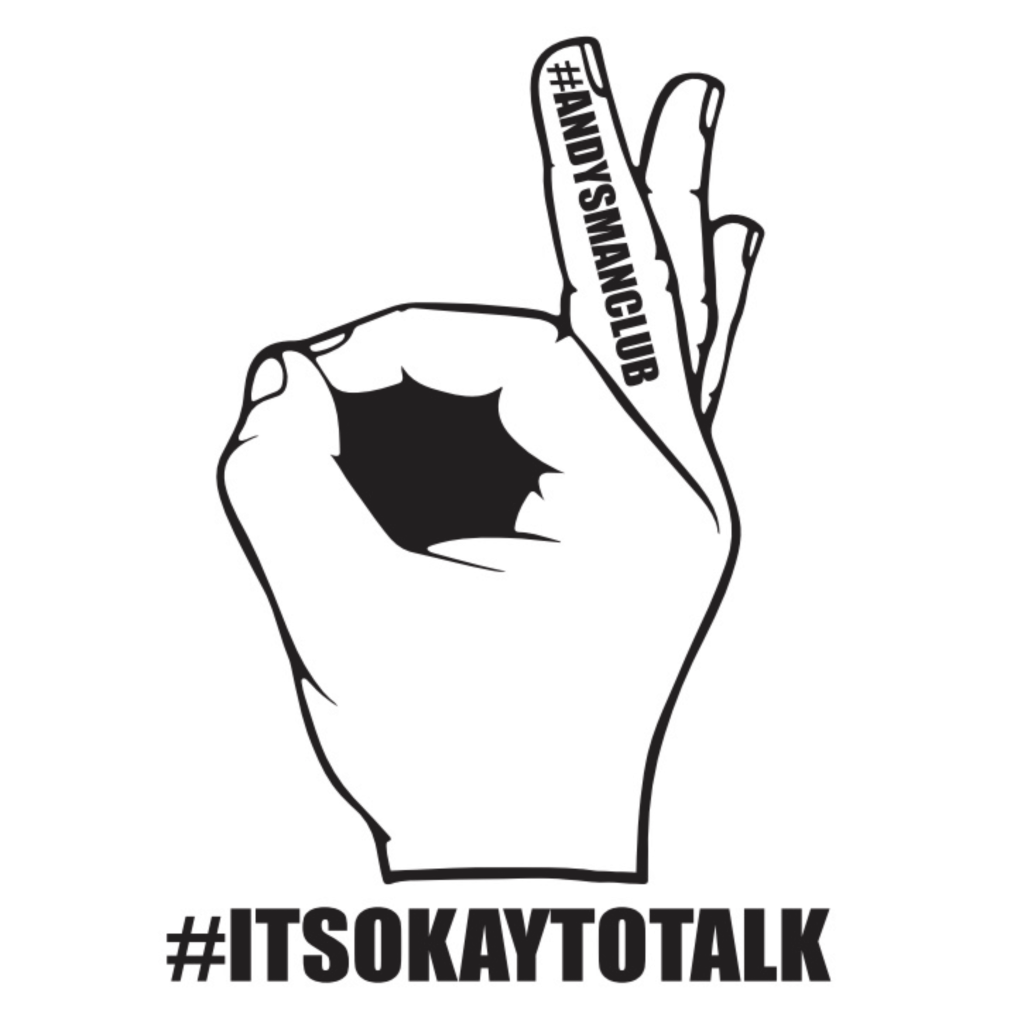In many cases, the terms used to describe therapists are used interchangeably. All offer emotional support and guidance, but while a counsellor may focus more on present-day issues and practical problem-solving, while a psychotherapist might work in a broader or longer-term way. However, in practice, there is significant overlap and many professionals identify as both.
There are also other terms used, so let’s take a look at what they all mean.
What is the difference between a counsellor and a psychotherapist
Counsellors often work with specific challenges or life events, such as bereavement, stress or relationship issues. Psychotherapists may work more deeply, exploring underlying emotional patterns and past experiences, often over a longer period. Both require professional training and supervised practice.
What is the difference between a psychologist and a psychotherapist
A psychologist is trained in the scientific study of the mind and behaviour, and some specialise in providing therapy. Psychotherapists are specifically trained to deliver therapeutic interventions. A psychologist may also carry out assessments, research and diagnostic work in addition to therapy.
What is the difference between a psychologist and a psychiatrist
A psychologist typically focuses on therapy, assessments and behavioural interventions, whereas a psychiatrist is a medical doctor who can diagnose mental health conditions and prescribe medication. In some cases, psychiatrists also offer therapy, but their primary training is in medicine.
What is the difference between a psychologist and a psychiatrist and a therapist
The simplest distinction is:
- Psychologist – trained in psychological theory, assessment and therapy.
- Psychiatrist – a medical doctor specialising in mental health who can prescribe medication.
- Therapist – a broad term covering counsellors, psychotherapists and other professionals who provide talking therapies.
What is the difference between a psychologist and a therapist
A psychologist has formal training in psychology, often at doctoral level, and may work in therapy, research or assessment. A therapist is a more general term that can apply to psychologists, counsellors, psychotherapists or other professionals offering emotional support.
What is the difference between a therapist and a counsellor
A therapist might offer a wide range of approaches and may work with both short-term and long-term issues. A counsellor is often associated with shorter-term support, but in reality, there is considerable overlap and many counsellors provide long-term therapy.
What is the difference between a therapist and a psychotherapist
A psychotherapist is a type of therapist who typically works in greater depth, helping clients explore the roots of emotional distress and long-standing patterns. All psychotherapists are therapists, but not all therapists are psychotherapists.
What is the difference between a therapist and a psychologist
A therapist is a broad category that includes many different professionals offering talking therapies. A psychologist is a specific professional title for someone trained in psychology, which may or may not include therapy.
What is the difference between a therapist and a psychiatrist
A therapist provides talking therapy but cannot prescribe medication. A psychiatrist is a medical doctor who can prescribe medication and manage complex mental health conditions, sometimes alongside therapy.
How To Choose the Right Professional
With so many titles and approaches, it can be confusing to know where to start. The best first step is to think about what you need. Are you looking for practical strategies, emotional insight, a medical assessment or a mix of all three? Many professionals offer an initial consultation so you can discuss your needs, learn about their approach and see if you feel comfortable with them.
Ultimately, research shows that the relationship you build with your therapist matters more than their title. Finding someone you trust and feel understood by is the strongest predictor of positive outcomes in therapy.















